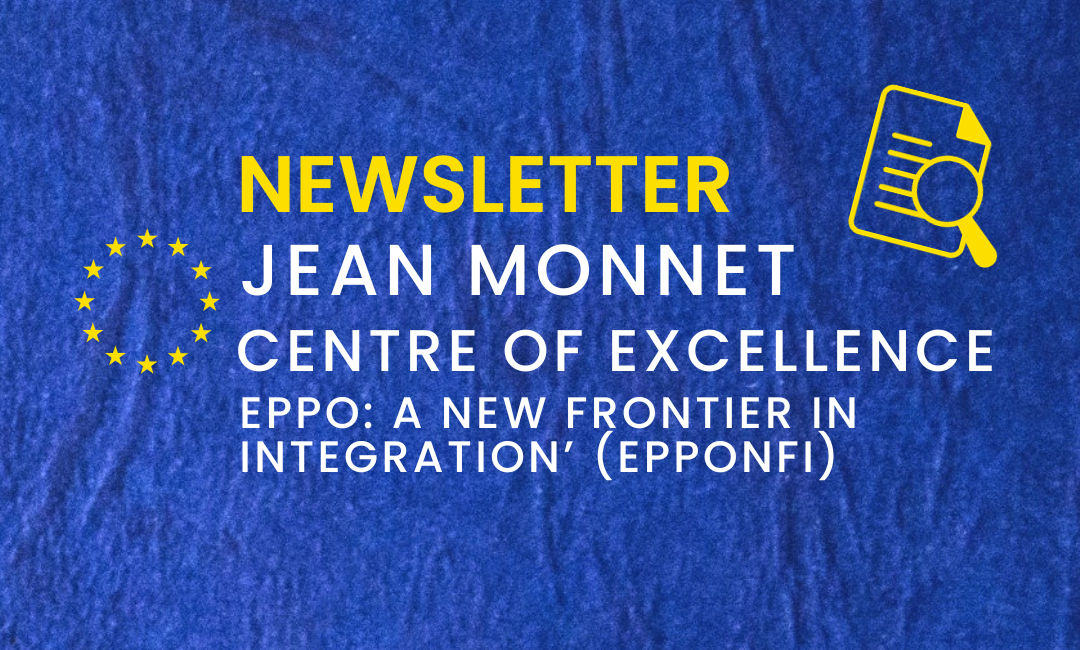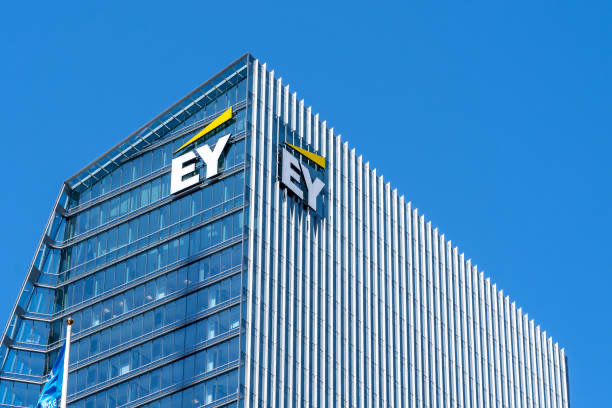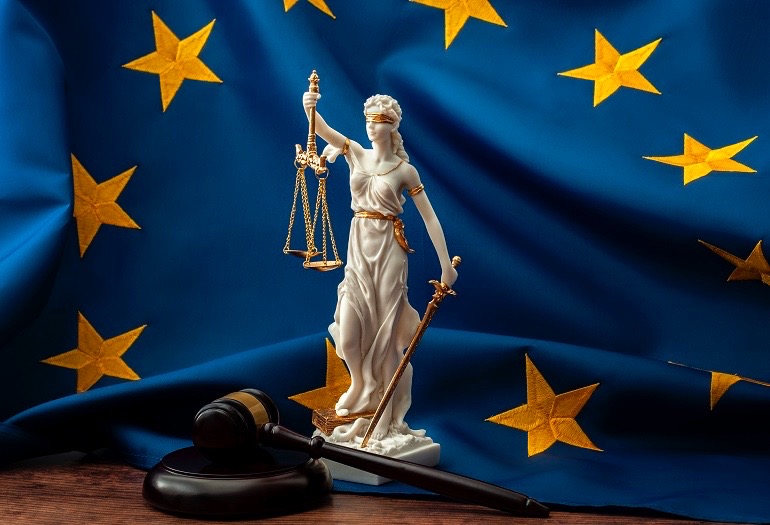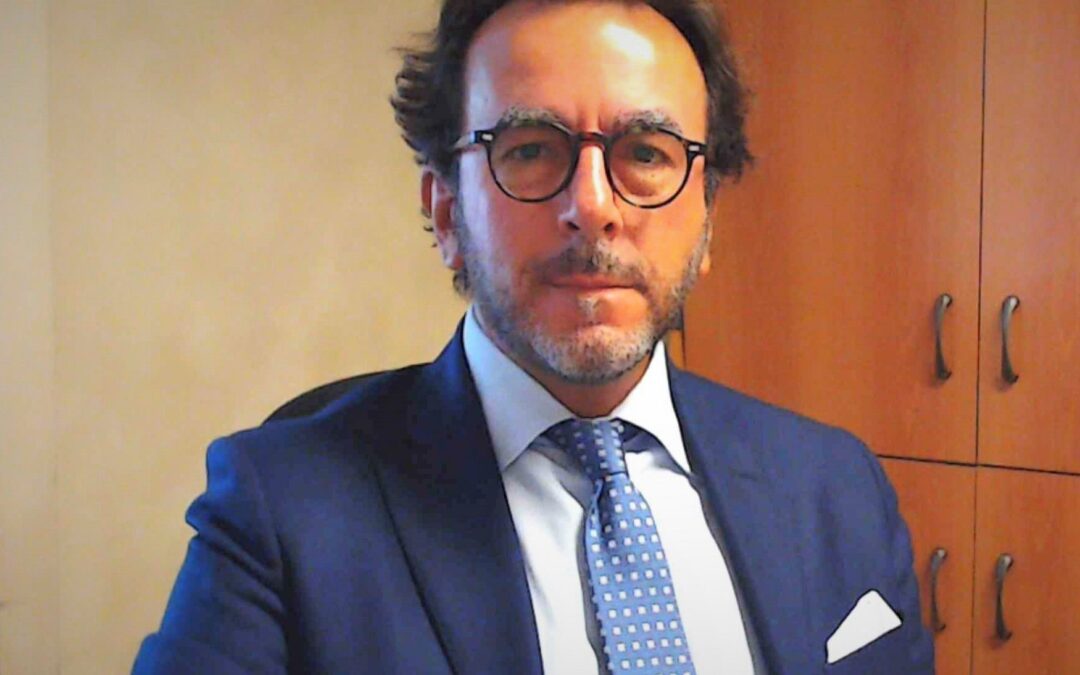The Eppo and the Law
A step forward in integrationThird cycle of the module 2024 The Eppo and the Law

Here you will find all the information about our third THE EPPO AND THE LAW module, 2024 edition.
- Supported by the European Parliament
- Accredited by the Milan Bar Association and by the NationalBar Council.
- Accredited by chartered accountants.
- Inserted in high school students activities within the context of PCTO and the NRRP (National Recovery and Resilience Plan).
The PCTO project (commonly known as school-work alternance) is an educational method designed to allow high school students to combine the mostly theoretical scholastic education with a practical work experience within a private or public entity. PCTO implies periods of professional formation in enterprises or other activities that may strengthen the students’ integration into the labour market (i.e. orientation days, meetings with companies and professionals, internships, research, project work etc.). The alternance has been made mandatory since 2015.
Topics of Third cycle of the module 2024
Nessun risultato
La pagina richiesta non è stata trovata. Affina la tua ricerca, o utilizza la barra di navigazione qui sopra per trovare il post.
Activities

Newsletter EPPONFI Jean Monnet Centre of Excellence
Interactive NEWSLETTER Friday 08/11/2024 Download Newsletter

L’intervento dell’EPPO tra il caso Ernst & Young e Genova: Risonanza Mediatica, Corruzione e Fondi UE
Author: Mariagiusi Calabrò Committee: Media Committee Date: 08/11/2024 Un colpo significativo per l'Italia e la Regione Lombardia è stato registrato a fronte delle indagini portate avanti su richiesta dell'EPPO, e che hanno condotto a perqusizioni nelle sedi milanesi...

Italy secures customs procedure 42 by providing a selective anti-evasion guarantee
Author: Gabriele Liberatore Committee: National Institutions Committee Date: 06/11/2024 Italy secures customs procedure 42 by providing a selective anti-evasion guarantee Among the transnational VAT frauds that are particularly insidious and harbour significant...

IN MEMORIA DI ANTONIO FORTAREZZA
“Un uomo non muore mai se c’è qualcuno che lo ricorda”. Ugo Foscolo Con profondo dolore, annunciamo la scomparsa di un grande professionista, di un collega e amico, il Dott. Antonio Fortarezza. La sua professionalità e dedizione sono stati un esempio per tutti...

Funded by the European Union. Views and opinions expressed are however those of the author(s) only and do not necessarily reflect those of the European Union or the European Education and Culture Executive Agency (EACEA). Neither the European Union nor EACEA can be held responsible for them.
